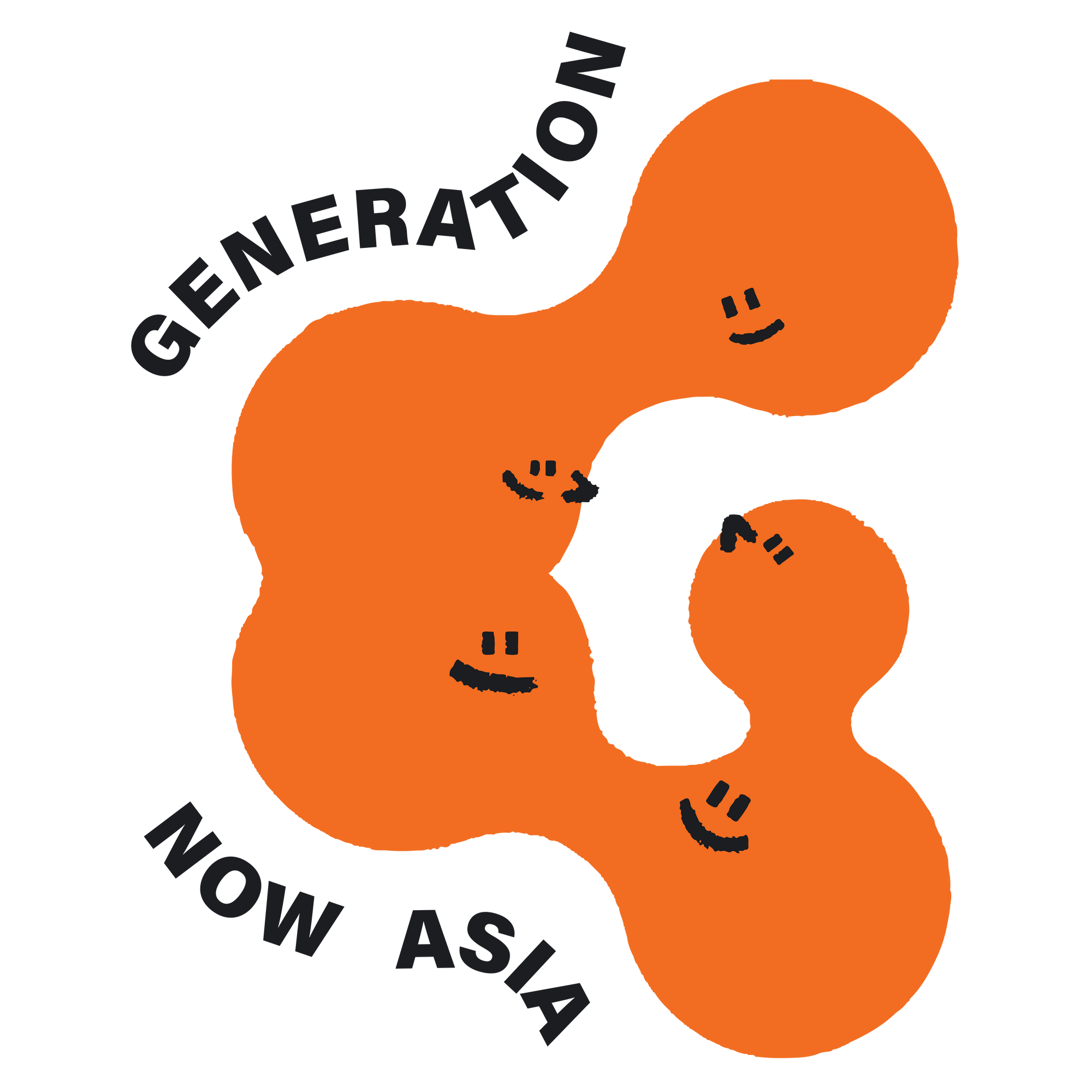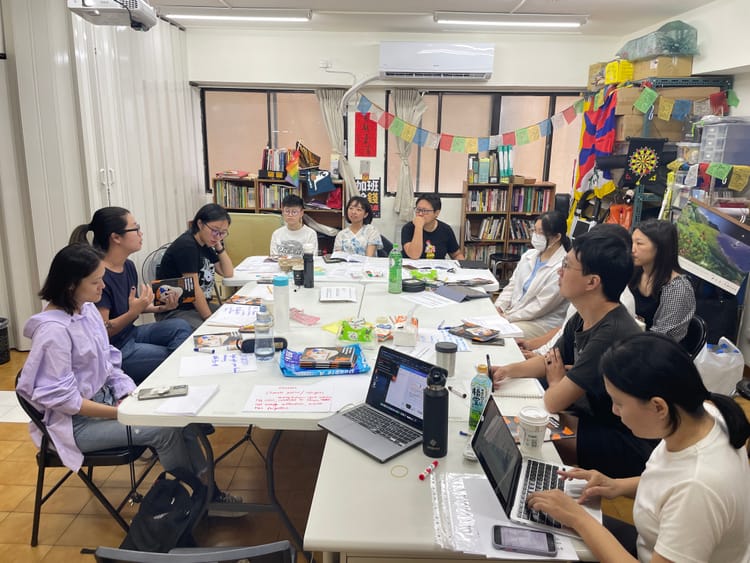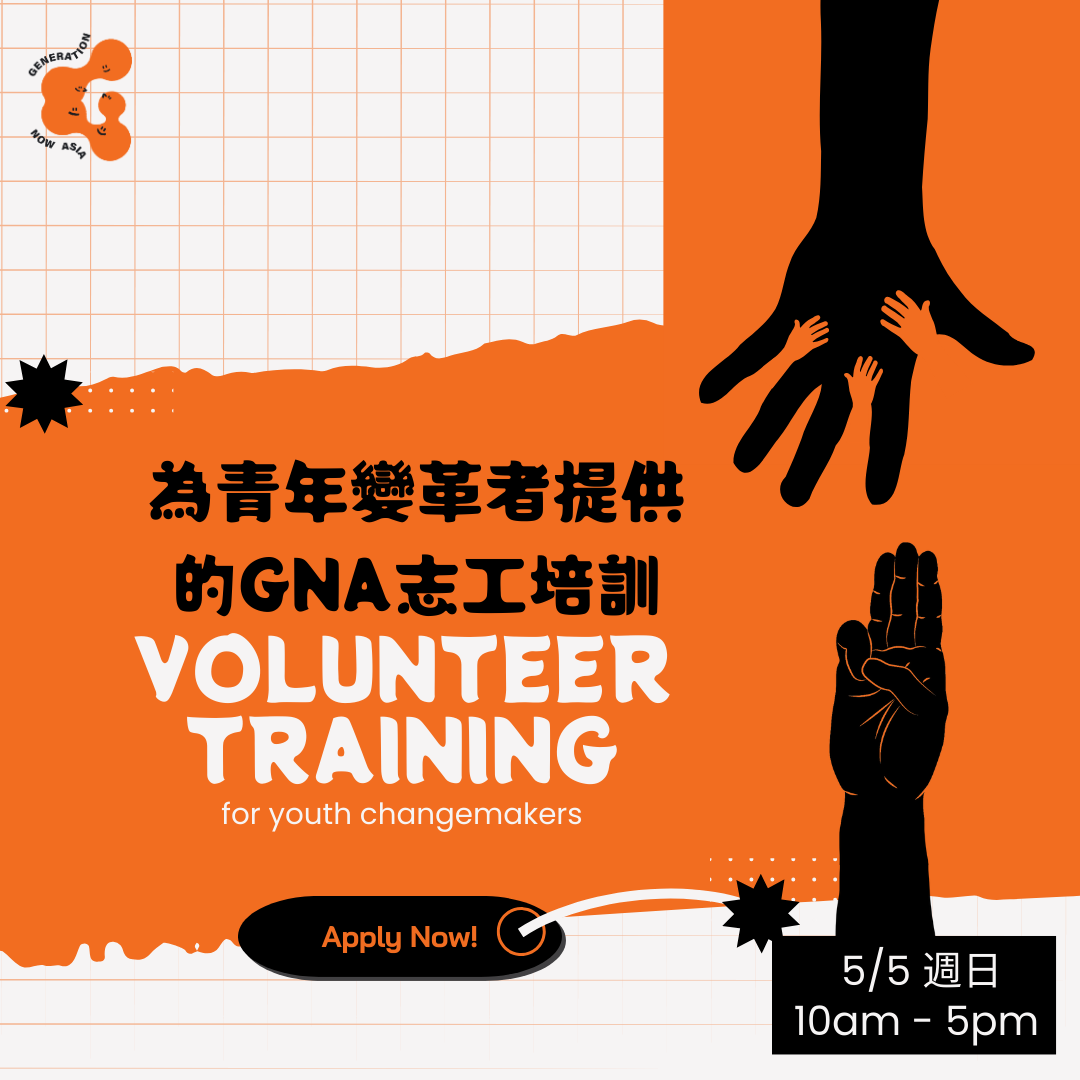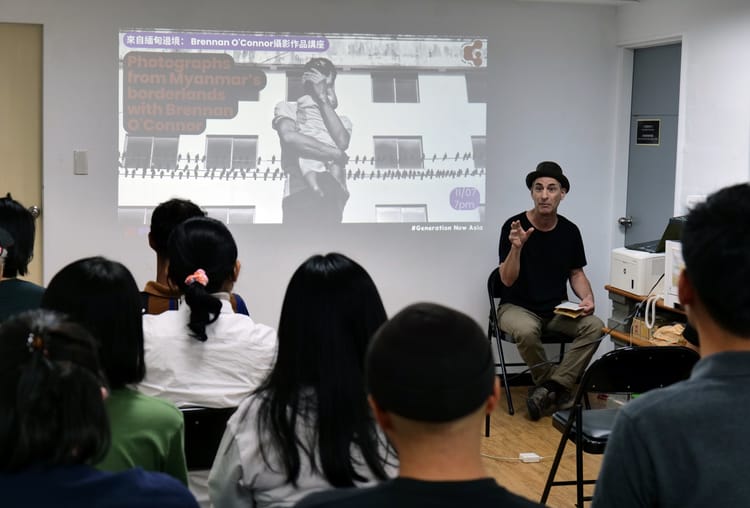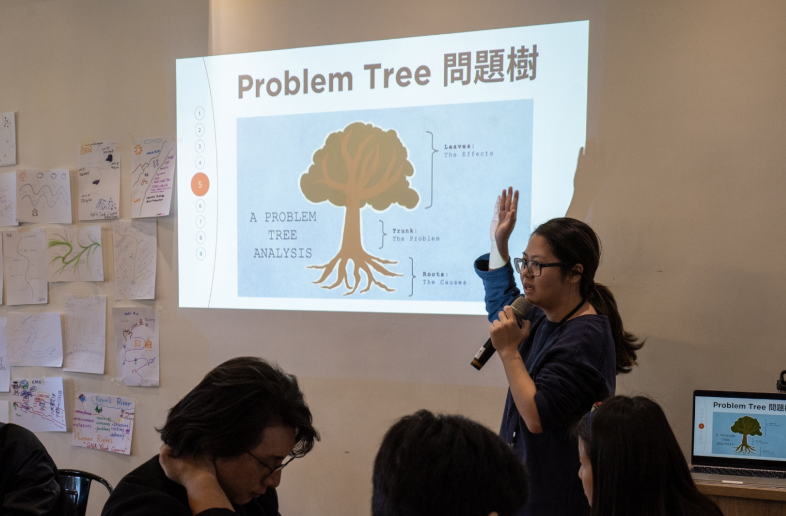Notes from GNA Youth Capacity Building Program: Day 1 - Campaign Case Studies with Wu Jing Ru, TIWA
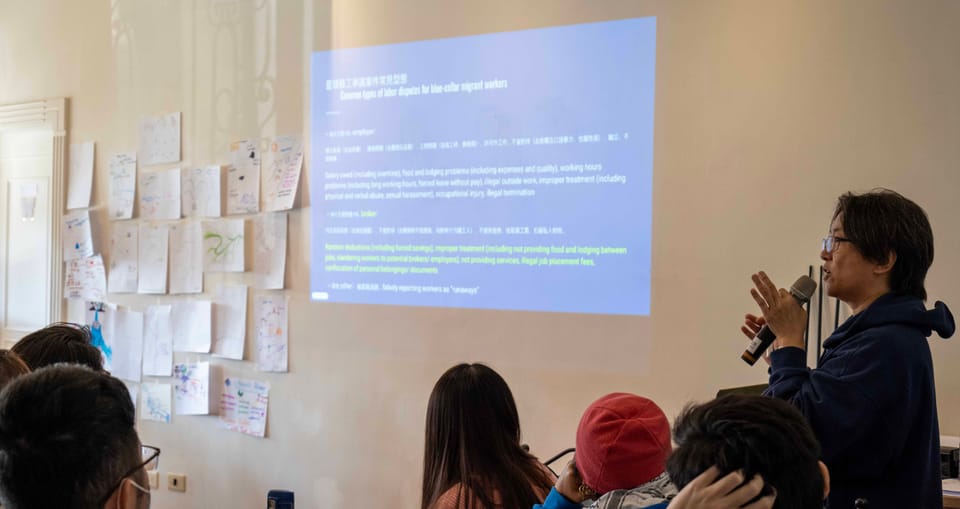
GNA's Youth Capacity Building Program aimed to enhance youths' understanding of human rights issues linking Taiwan and Southeast Asia. As part of this initiative, three campaigners from various Taiwanese NGOs were invited to share the campaign work they are engaged in that connected Taiwan and Southeast Asia.
Among the distinguished speakers was Wu Jing Ru from Taiwan International Workers' Association (TIWA), a passionate advocate for the labor rights of predominantly Southeast Asian blue-collar migrant workers. Jing Ru's focus also extends to advocating for the reform of Taiwan's migrant labor system. Their presentation for GNA specifically highlighted TIWA’s campaign to abolishing the private broker system, emphasizing the importance of implementing Government-to-Government (G2G) direct hiring.
Speaker Bio:
Wu Jing Ru (吳靜如, 台灣國際勞工協會) is a researcher at Taiwan International Workers’ Association (TIWA) and a member of consultant group for national toll workers self help organization. Jing Ru has been involved in the migrant workers' circle for decades, since they were a graduate student, either as a research assistant, working inside the government system, or working for non government organizations.
Notes from Wu Jing Ru’s presentation at GNA’s Youth Capacity Building Program:
No Justice in Cross-Border Employment, Where Is The Responsibility of The Government?
Over 745,000 blue-collar foreign workers are in Taiwan. They work on fishing boats, in factories and as domestic workers for Taiwan’s rapidly ageing population. Despite their indispensable role, labor policies in Taiwan fail to adequately safeguard Southeast Asian migrant workers, leaving them susceptible to various forms of abuse and exploitation.
The top 5 countries represented among migrant workers employed in Taiwan are:
- Indonesia
- Vietnam
- Philippines
- Thailand
- Mongolia
The labor brokerage system in Taiwan has exposed migrant workers to a multitude of fees. Within the current system, migrant workers are burdened with substantial expenses, encompassing service fees and various pre-employment charges imposed by labor broker agencies both in their home countries and in Taiwan. This lack of transparency in the recruitment process places an unjust and overwhelming financial strain on migrant workers.
Additionally, disputes with brokers are common, including various issues such as random deductions (including forced savings), improper treatment (such as failure to provide food and lodging between jobs and defamatory actions towards workers with potential brokers/employers), failure to provide promised services, illegal job placement fees, confiscation of personal belongings/documents and falsely reporting workers as “runaways”.
Despite Taiwan's ratification of six Human Rights Conventions and the presence of human rights evaluators like CEDAW (Convention on the Elimination of All Forms of Discrimination Against Women), migrant workers continue to experience a lack of justice and fair treatment.
Taiwan’s government's failure to fulfill its obligation in safeguarding and supporting migrant workers has resulted in the 'privatization' of essential public services, allowing private brokers to monopolize the job market for migrant workers. Therefore, the urgency to address the profit-oriented private broker system stands at the forefront of TIWA's campaigning efforts.
TIWA employs parades and rallies as a proactive approach to spotlight their campaign's focal issue, garner media attention and enhance public awareness. Central to TIWA's mission is the empowerment of migrant workers, ensuring their inclusion and amplifying their voices within the movement.
Participating in rallies can place a psychological burden on migrant workers who may fear surveillance by brokers, consequently hindering their future job changes. To address these safety issues, TIWA implements innovative strategies like concealing identities through costumes and providing comprehensive training. Additionally, they organize smaller, less intimidating press conferences to provide a platform for migrant workers to express concerns and share their stories in a more comfortable environment.
A brief summary of TIWA’s campaigning history and rallies:
- 2003 - the very first migrant workers rally 「保障外勞人權遊行」
- 2005 - anti-slave labor system rally「反奴工」
- 2007 - I want my day off! 「我要休假」
- 2009 - still no day off? 「還沒休假」
- 2011 - where is my day off? 「血拚休假」
- 2013 - sweatshop long-term care system「血汗長照」
- 2015 - we want justice in caring 「照顧正義在哪裡」
- 2018 - recognizing noncitizens: together we live, together we decide 「看見非公民」
- 2019 - abolish broker system, we want G to G「廢除仲介制度、要G to G」
- 2023 - There is no justice in cross-border employment. Where is the government's responsibility?「跨國聘僱沒正義,政府責任在哪裡?
Join GNA at TIWA's 2023 rally on December 10th, as we unite in demanding government accountability for the welfare, safe employment and liberation from the broker system for migrant workers in Taiwan.
